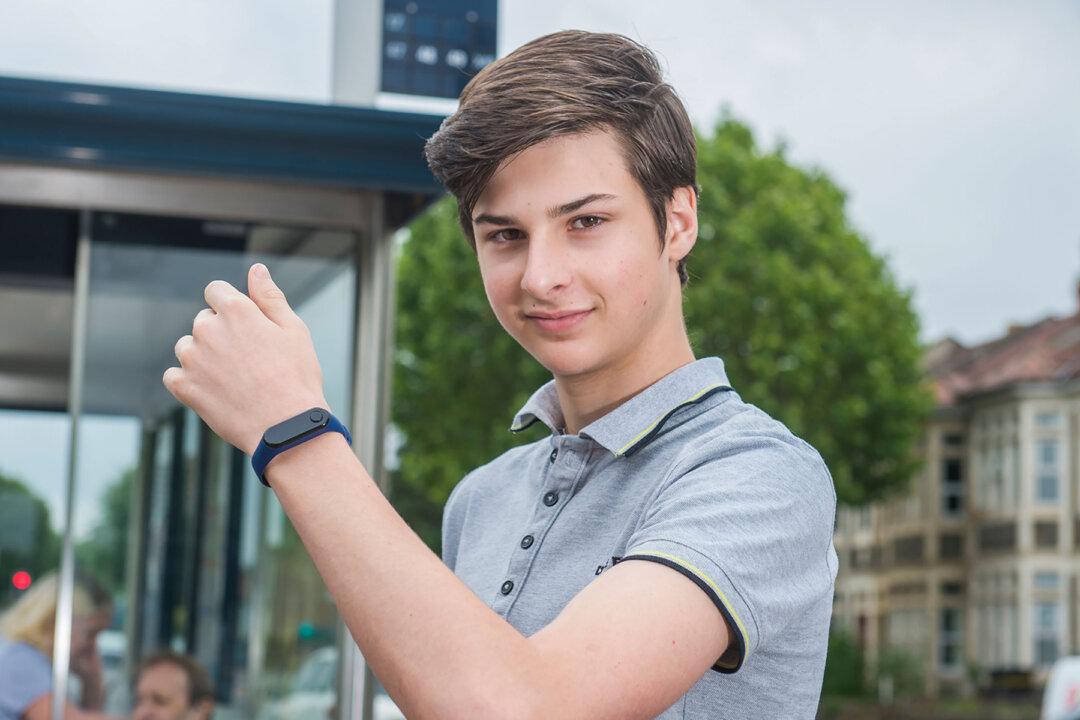We touch our faces for many reasons: to gesture, to scratch, to rest our chins. The act can even be soothing in times of stress.
But in the midst of a virus, such an ordinary habit can also hasten infection—with our hands transferring germs from contaminated surfaces into our bodies through our eyes, ears, noses, or mouths.





